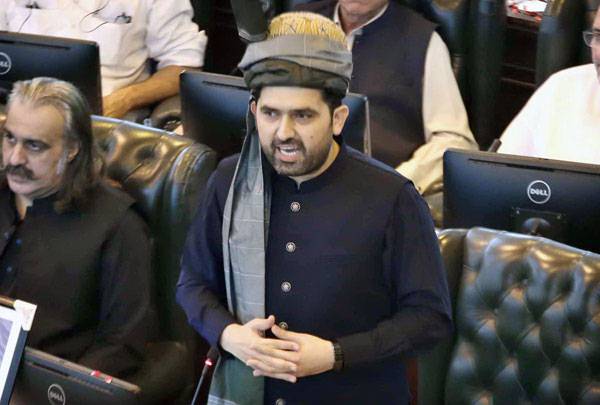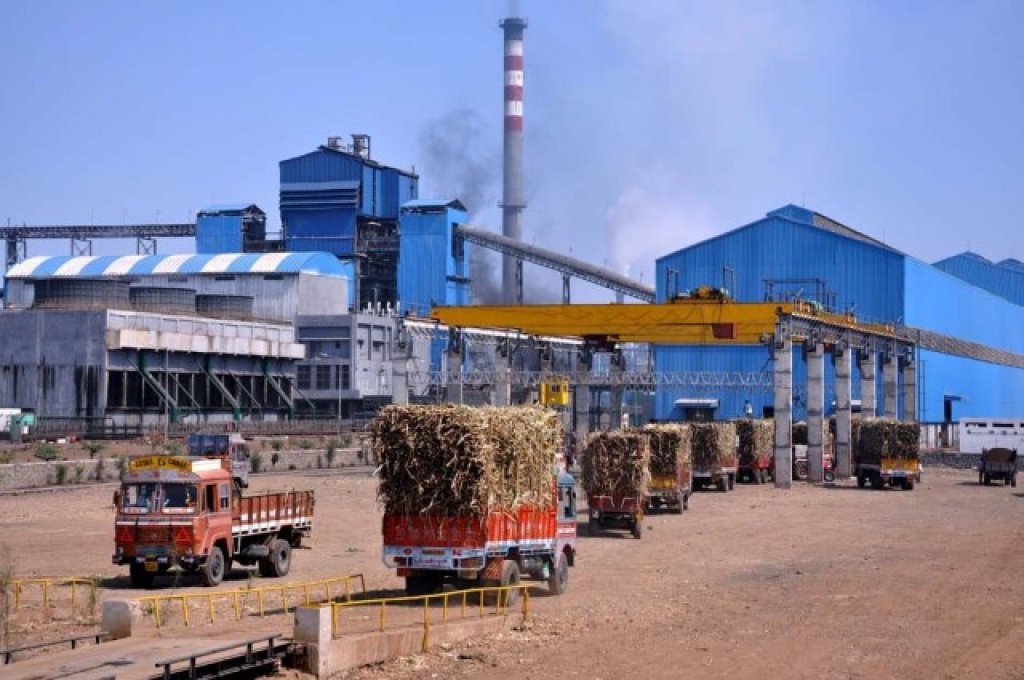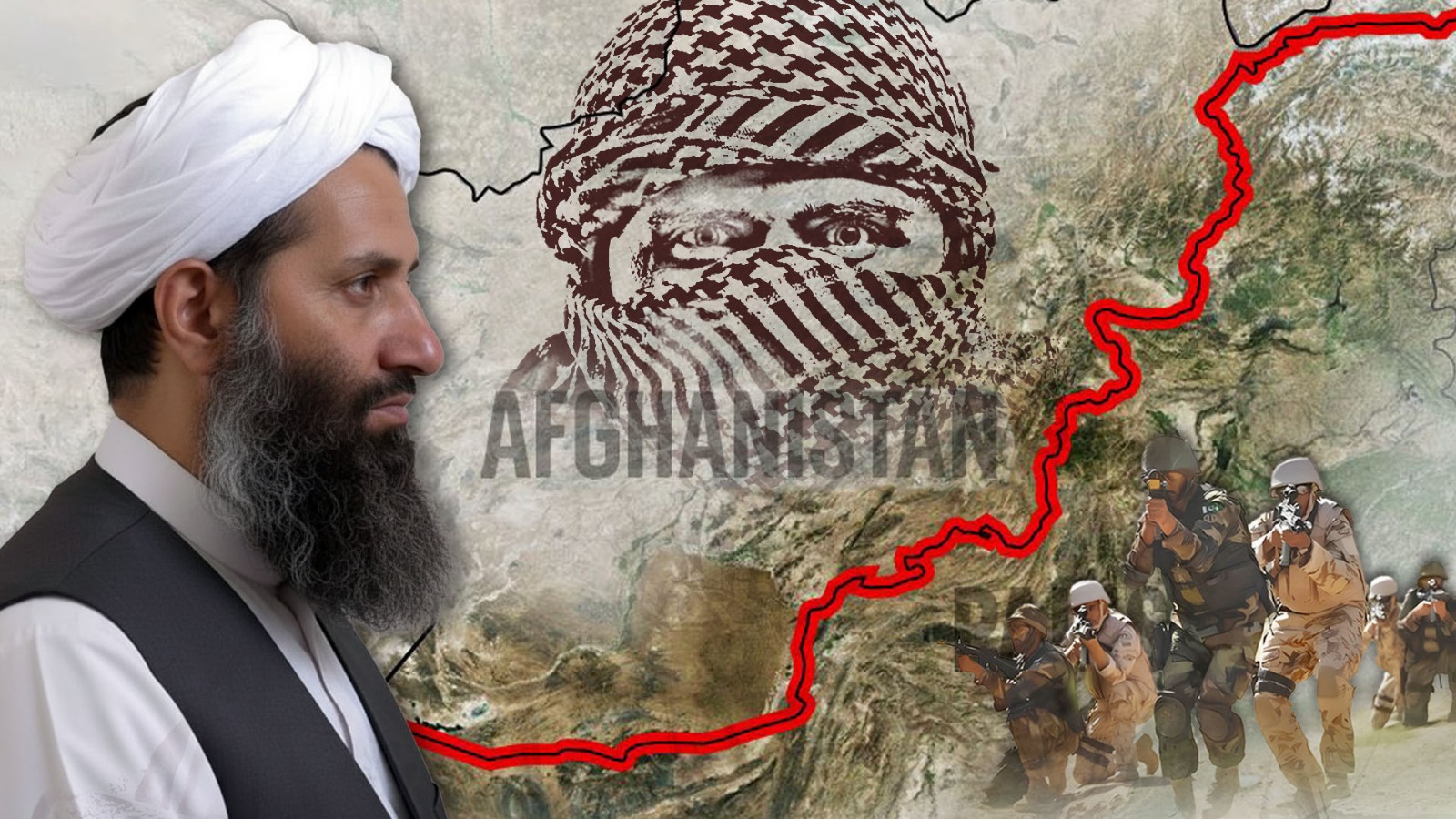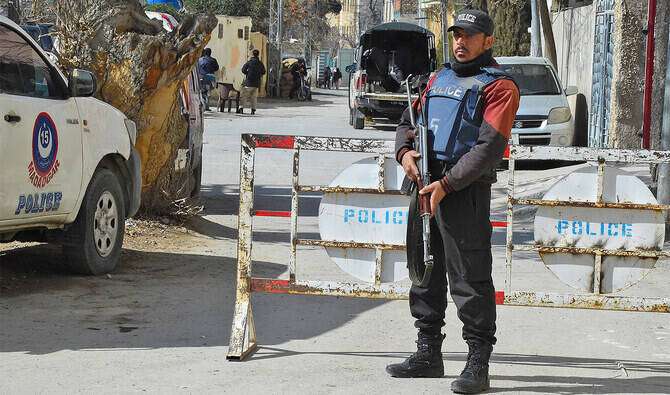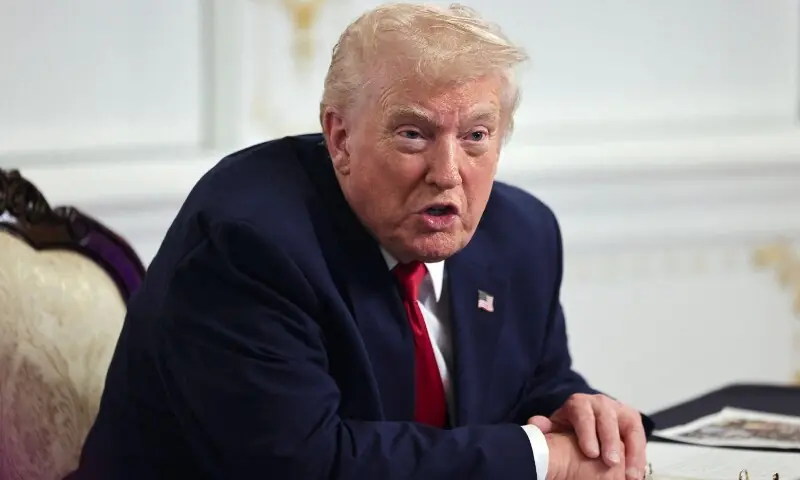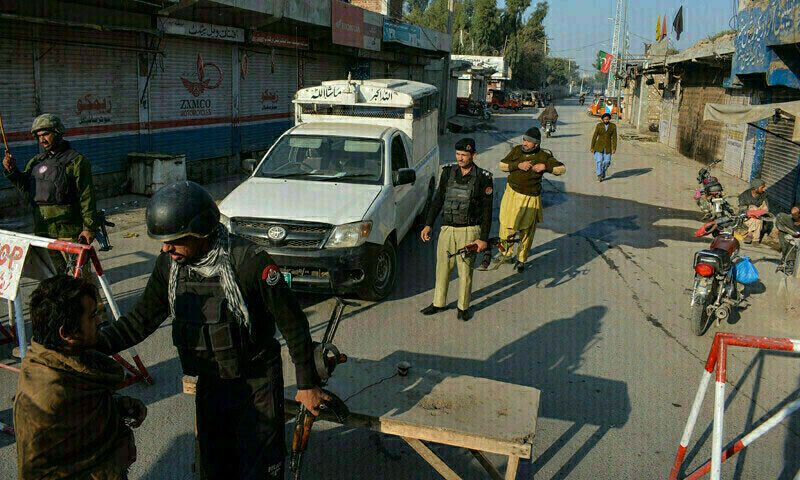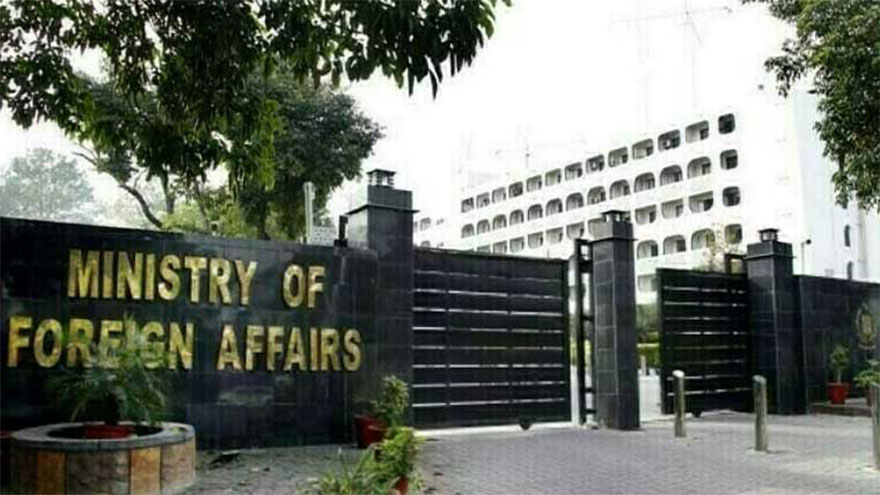Sohail Afridi was sworn in as the new Chief Minister of Khyber Pakhtunkhwa (KP) on Wednesday. The oath was administered by KP Governor Faisal Karim Kundi, following orders from the Peshawar High Court. Immediately after taking oath, Afridi submitted a formal request to meet former Prime Minister Imran Khan, who is currently imprisoned in Adiala Jail. Afridi has now become Pakistan Tehreek-e-Insaf’s (PTI) fourth Chief Minister in the province.
From Dr. Khan Sahib to Sohail Afridi, every Chief Minister of KP has inherited a set of persistent challenges — including regional instability, limited resources, complex ties with Afghanistan, and local security issues.
Afridi follows in the footsteps of three PTI chief ministers. Pervez Khattak dealt with terrorism and lawlessness during his tenure. Mahmood Khan had more resources and fewer challenges but struggled due to a lack of leadership skills. Ali Amin Gandapur’s time in office was different; while he had public acceptance, he lacked popularity within the party, which was leaning towards left-wing politics. According to one of his cabinet members, Gandapur followed a “70-20-10” leadership model: 70% of the time he followed others’ orders, 20% he followed Imran Khan, and only 10% of the time did he try to act independently as Chief Minister.
For Sohail Afridi, this role is far from easy. Despite PTI’s 12-year rule in KP, the new Chief Minister faces multiple significant challenges:
Severe Misgovernance:
Over the past 12 years, governance in KP has steadily declined. While dozens of laws were passed each year, they failed to bring relief to the public. Corruption has become deeply rooted across all government departments.
Pressure to Secure Imran Khan’s Release:
Sohail Afridi will face intense pressure from PTI workers to prioritize efforts for Imran Khan’s release. His predecessor, Gandapur, was criticized for not taking this seriously. Afridi will need to constantly prove that he is fully committed to securing Khan’s freedom, no matter the cost.
Rising Insecurity and Military Operations:
Sohail Afridi has publicly opposed military operations and the “Action in Aid of Civil Power” regulation in his first speech. However, questions remain about whether the KP police have the capacity to maintain law and order—especially in the merged tribal districts—without military support.
Relations with PTI Leadership:
Gandapur’s failure to work in harmony with PTI’s central leadership caused political friction. Afridi appears to have learned from this and may try to build strong relations with both provincial and national party leaders. With PTI currently divided into many factions, party unity will be a major challenge for him.
Ties with the Federal Government:
About 90% of KP’s budget depends on federal funds. If relations with the federal government become hostile, the province risks losing out on development support. Additionally, securing a 5% share in the National Finance Commission (NFC) Award for the tribal districts remains a tough task.
Handling PTI’s Social Media Team:
Sohail Afridi acknowledged in his first speech that PTI’s social media team is now the party’s most powerful force. Notably, insiders say that Gandapur’s downfall was caused more by PTI’s own social media campaigns than opposition parties.
Development in Tribal Districts:
It has been six years since the tribal areas were merged into KP, yet no major development projects have started there. As a young leader from a tribal background himself, Afridi will face pressure to deliver meaningful development in these under-served regions.

